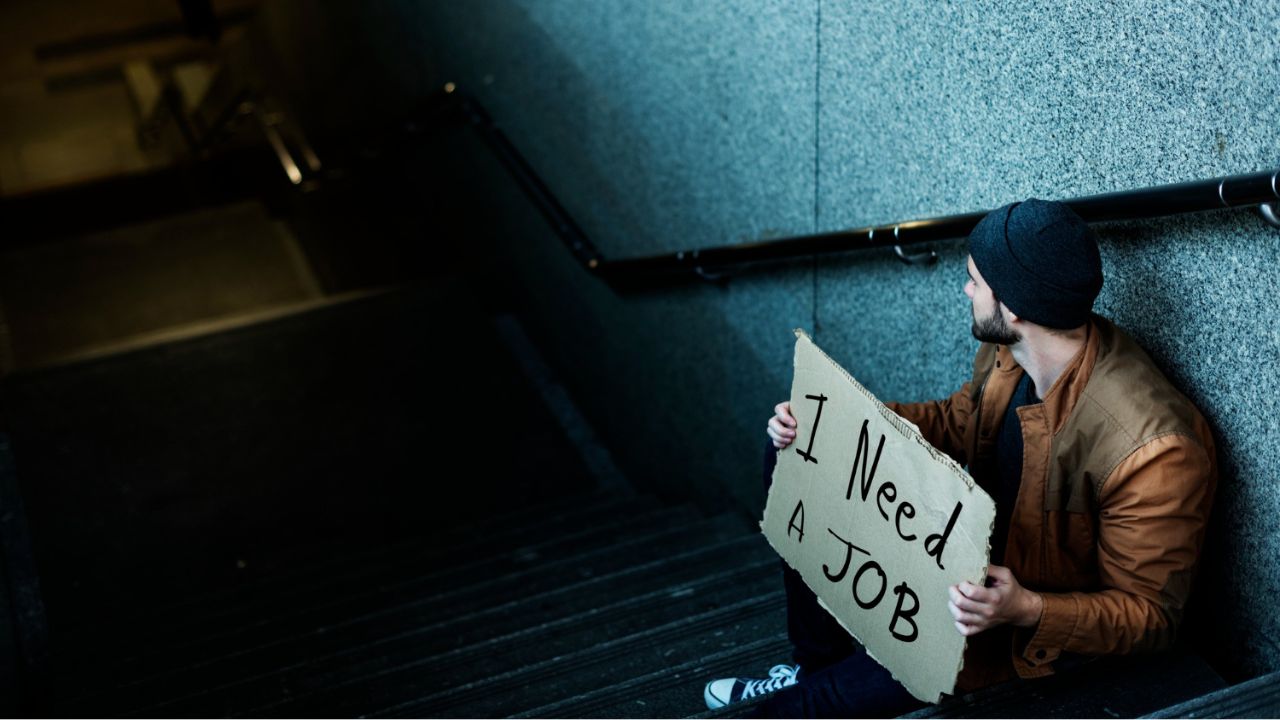Back in the 1970s, school discipline was a whole different beast. Teens were subjected to punishments that feel unthinkable today, strict, humiliating, and sometimes outright painful. These punishments weren’t just about correcting behavior; they were about enforcing obedience, often with little care for fairness. If you misbehaved, even slightly, you’d feel the full weight of old-school authority. Here are 10 wild punishments from ’70s classrooms that teens back then just had to endure, no questions asked.
1. Paddle to the Principal’s Office

In the ’70s, corporal punishment was completely normal. Students were often sent to the principal to get swatted with a wooden paddle. No warnings, no discussion, just a swift whack that left both physical and emotional marks. Some paddles were even proudly displayed as deterrents. This harsh and painful method aimed to scare students straight, but mostly instilled fear and shame. Today, this would be totally unacceptable, but back then, it was seen as a “lesson learned.”
2. Writing Lines for Hours
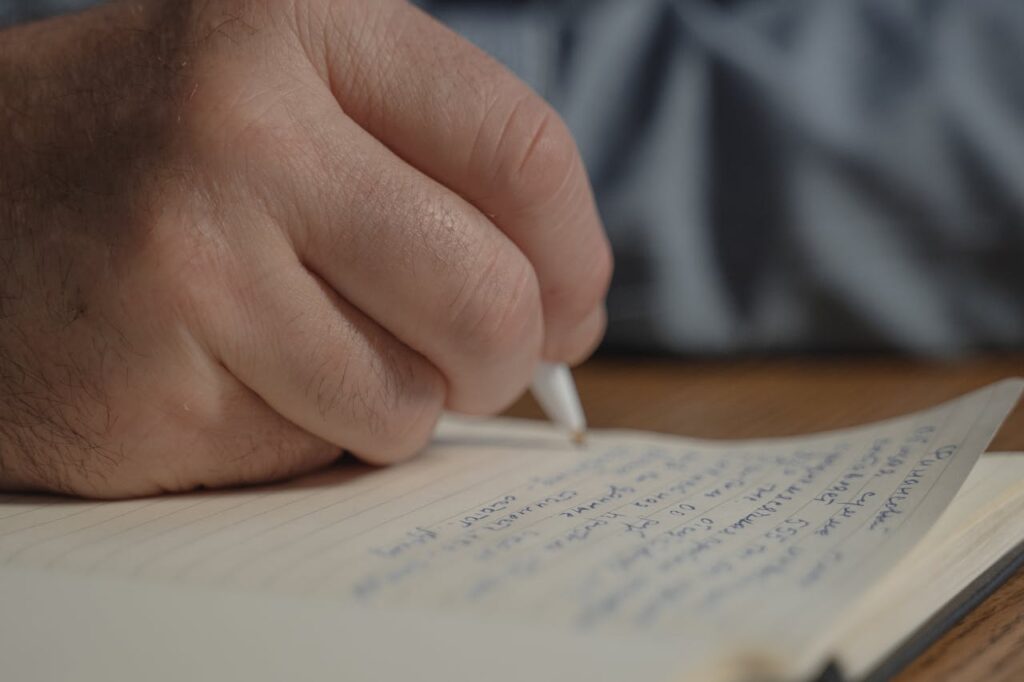
Teens caught talking in class or forgetting homework were forced to write sentences, sometimes 500 times or more. It wasn’t just boring, it took hours, often cutting into lunch, gym, or even other classes. These punishments didn’t teach better behavior; they just frustrated students and wasted time. For many, it felt like mindless labor designed to break the spirit rather than encourage improvement. If you asked questions or resisted, you’d just end up writing even more.
3. Standing in the Corner
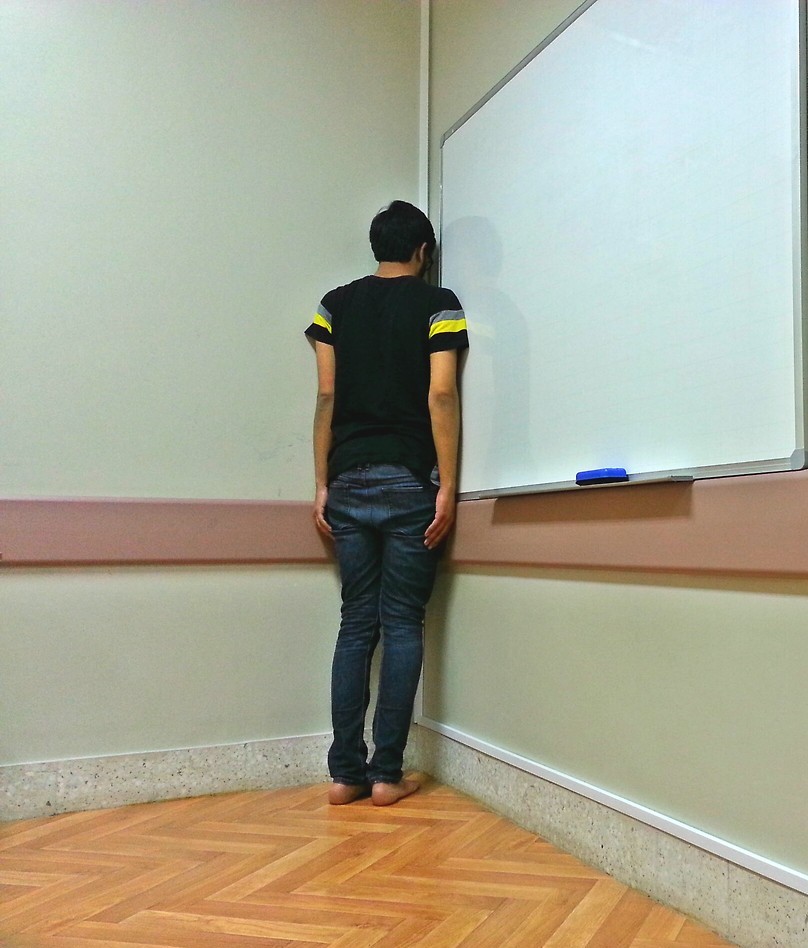
Standing silently in the corner wasn’t just for kindergartners, it happened to teens too. Teachers used this to shame students in front of the class. There was no real learning or reflection involved, just isolation and embarrassment. Everyone could see you, and the message was clear: you were the problem. This kind of punishment didn’t correct behavior; it simply made students feel small and unwanted. Worse, it often made classmates targets for teasing and mockery.
4. Forced Public Apologies
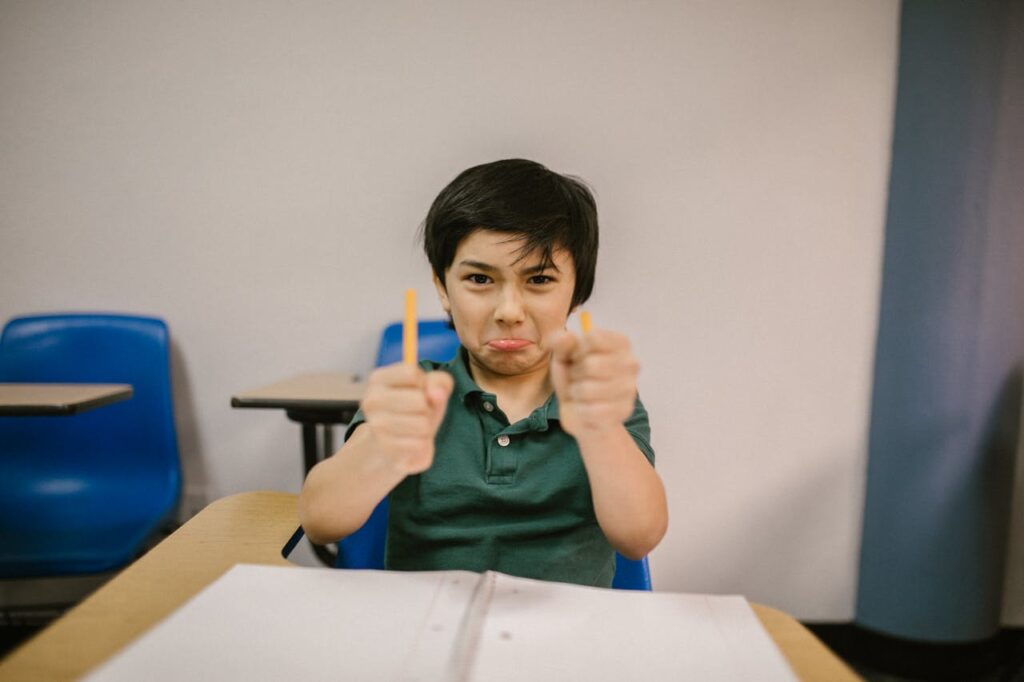
One slip-up, and you could be forced to stand and apologize to the whole class. It didn’t matter if the mistake was minor or even accidental. These public apologies weren’t about understanding consequences, they were about humiliation. Students often cried or froze up, dreading the spotlight. Instead of promoting accountability, it bred fear. It also gave classmates ammunition to tease or isolate the student later. The lesson? Don’t get caught, not necessarily, don’t misbehave.
5. Hair and Dress Code Shaming

Teens in the ’70s had to follow strict dress codes, and punishments got personal. Boys were sent home for long hair, girls for short skirts. Some schools cut hair on the spot or made girls wear humiliating cover-ups. These rules targeted style choices and were often sexist and arbitrary. Teens were made examples of in front of others, creating anxiety about appearance instead of fostering respect. It was more about control than classroom conduct.
6. After-School Detention for Small Slips

Minor things, like forgetting a pencil or whispering in class, could land you in detention. You’d sit in silence after school, missing sports or family time, all for a small mistake. Detentions were handed out so often they lost meaning, but they still felt unfair. Many students felt resentment, not reflection. Instead of creating better behavior, these detentions just taught teens to fear authority or stay quiet, even when something needed to be said.
7. Gym Class as Punishment
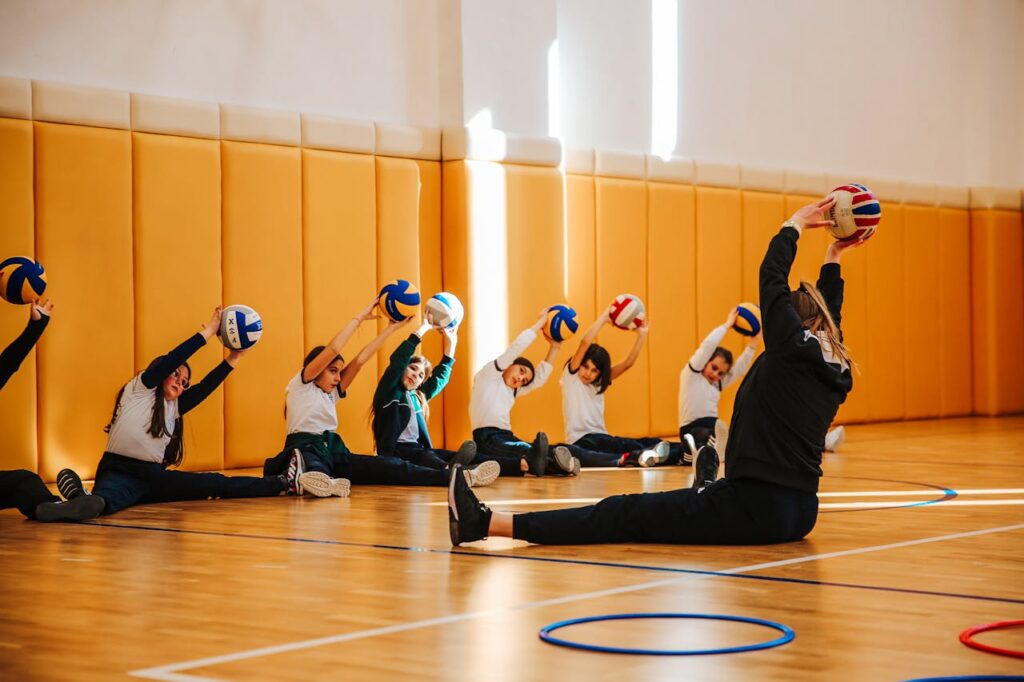
Misbehave in class? You might be sent to gym for “punishment laps.” Teachers used exercise to discipline students, pushups, laps, even sit-ups until exhaustion. It wasn’t about fitness; it was about control. Non-athletic kids were humiliated in front of their peers and left sore and embarrassed. Gym became something to dread, especially if you were already struggling. Using physical activity as punishment turned something healthy into something hostile and painful for many teens.
8. Calling Parents Mid-School Day

Teachers would call your parents right in front of the class. It wasn’t just about informing, it was about embarrassing you. You’d sit frozen at your desk while your teacher described your “bad behavior” on speaker or within earshot. The fear of the after-school fallout only made it worse. For many students, this public shaming followed by private punishment was a double hit. It made school feel like a place of anxiety, not learning.
9. In-School Suspension Isolation
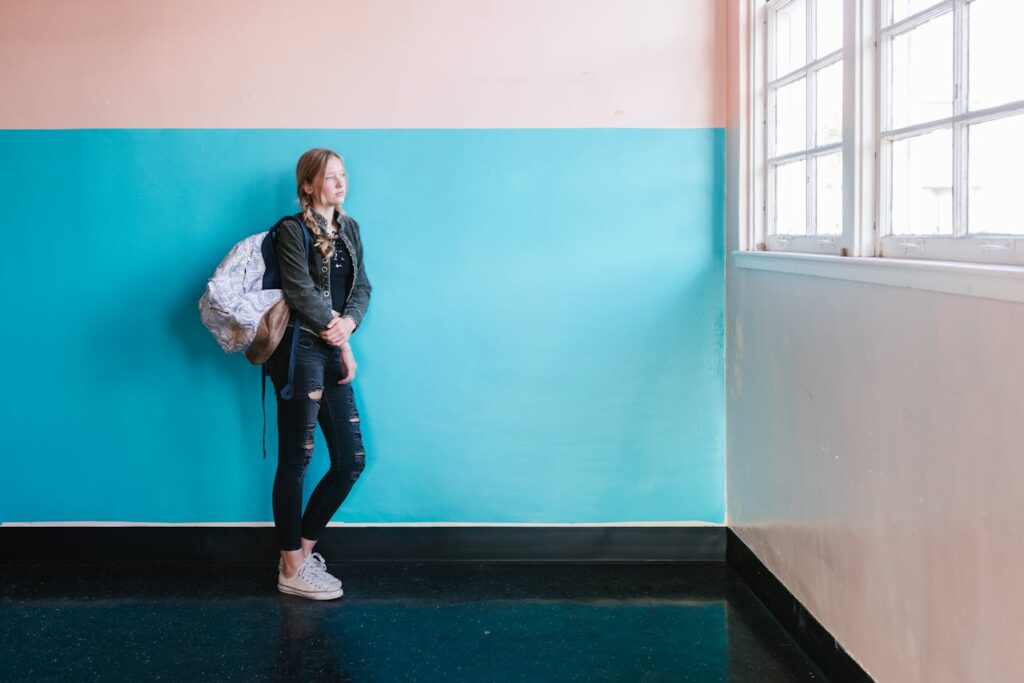
In-school suspension meant being locked in a silent room for the day, no talking, no learning, just isolation. Even for minor offenses, students were removed from class and treated like problems to be hidden. This punishment didn’t help teens grow; it made them feel alienated. Students often fell behind in class and came back frustrated, not reformed. It was a quiet exile, punishing presence rather than behavior. Many remember it as the loneliest school experience.
10. Public Grade Announcements

Teachers sometimes read grades aloud, from highest to lowest. If you were at the bottom, everyone knew. This public shaming left lasting scars on students who struggled. Instead of motivating, it created anxiety and humiliation. Kids dreaded test days, not because of the material, but because of what would come after. Classmates teased, and self-esteem sank. Grades should’ve been private and constructive, but in many ’70s classrooms, they were used to punish and embarrass.


